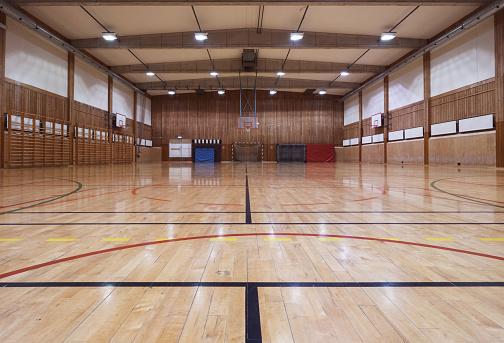
What being an Alumni from one of the Clarendon Schools really means
News that the dominance of the Clarendon Schools has diminished in recent years needs to be taken with a pinch of salt
After all, as the report says, alumni of the nine schools: Eton, Harrow, Westminster, Winchester, St Paul’s, Merchant Taylor’s, Shrewsbury, Rugby and Charterhouse are still 94 times more likely to be included in the ‘British elite’ than are those who attended any other school. The same nine schools have traditionally educated around 0.15 per cent of all people aged 13 to 18 yet still account for almost 10 per cent of all ‘Who’s Who’ entrants.
The Clarendon schools are seen as the gold standard of independent education, (a claim that Brighton and Wellington Colleges amongst others would dispute), and evidence that independent education, especially in the home counties, is in rude good health. Most are guided by financially astute and powerful boards of governors and based on slick business models with long term strategic plans, supported in turn by well-staffed foundations and sophisticated marketing teams, often part-funded from franchises abroad.
Over the years, these schools have continued raised academic standards, aided by small classes and well-qualified staff, only to find that parents are now wanting more.
After all, the attraction of leading schools is increasingly linked to the reasons implicit in the analysis of ‘Who’s Who’ – that such schools are the conduit to power and influence. Parents, especially those coming from overseas, are often hell-bent on getting places at schools that have an international reputation, even where those schools are hugely over-subscribed, because the world they open up is a more important consideration than locality, cost, academic results - or even, sometimes, the interests of their children.
Over recent years we have seen a subtle change in offerings from leading independent schools. While still dominating traditional professions including the judiciary, medicine, politics and law as well as being significantly over-represented in the media, amongst senior officers in the armed services and members of the diplomatic corps, the channeling of money into different areas of school life has resulted in a widening of their appeal. As a result, sport, music and drama have been revitalized through new facilities and specialised coaches and tutors, an investment that has met with considerable success. Yet an independent education has always been about more than academic results - or even cultural and sporting success. It is rooted in the confidence that comes from belonging, from knowing that failing at school does not necessarily lead to a life of penury. There are many examples of successful people who had the benefit of an independent school education and failed to do as well as expected at A Levels (or didn’t get that far!) yet went on to carve out distinguished careers in a wide range of fields of endeavor. Any list is arbitrary, but could include Amanda Foreman (academic / writer); Richard Branson (businessman); Jeremy Irons (actor); James Dyson (inventor); Ben Fogle (explorer) and Jon Snow (broadcaster). It is wrong to suppose that they would necessarily credit their independent school education as being a factor in their later success (indeed, in the instance of Jeremy Clarkson, most definitely not), but part of having been to an independent school is the confidence it engenders, the suggestion that one is capable of better things. This is a crucial part of the DNA of independent schools, often described, disparagingly as a sense of entitlement or more kindly, as the self-confidence and determination to succeed, and helps explain the success of such diverse creative talents as James Dyson or Terence Conrad.
Neither are schools adverse in seeking out talented individuals from state schools - which is why so many unlikely rugby players become members of some of the most academic independent schools, albeit often just for the 6th form years. If there is a talent, then there is a course or school that will cater and develop it, especially if it will help build the school’s profile. That is often where scholarships and bursary money is targeted. And for those willing to pay the fees, opportunities are everywhere.
Academic success, social confidence and opportunities in a wide range of sporting and cultural activities is part of what parents pay for at independent schools; the other part, however, more important in the eyes of many parents, is that independent schools, and especially the Clarendon schools, provide a way into an old boys network whose influence shows no sign of abating anytime soon.
Peter Tait is a former Head of a leading UK independent school and is part of the William Clarence Education Advisory Board
William Clarence Education offers unbiased advice and consultancy on UK School and University Placement, Oxbridge Admissions, US College Applications, UCAS application and extensive support for parents and students in all aspects of preparing for entry to the UK. Please contact us on 02074128988 to discuss your particular needs, or email info@williamclarence.com
